In her new book, Becoming Kim Jong Un: A Former CIA Officer’s Insights into North Korea’s Enigmatic Young Dictator (Ballantine Books), Brookings Senior Fellow Jung Pak describes the rise of North Korea’s ruler. In this episode, she is interviewed by Senior Fellow Michael O’Hanlon.
Also on this episode, Senior Fellow Sarah Binder offers four lessons about how Congress has responded to the coronavirus pandemic, and what may follow.
Subscribe to Brookings podcasts here or on iTunes, send feedback email to [email protected], and follow us and tweet us at @policypodcasts on Twitter. The Brookings Cafeteria is part of the Brookings Podcast Network.
TRANSCRIPT
O’HANLON: Hi, this is Mike O’Hanlon and I have a real privilege today of speaking with my colleague and good friend Jung Pak one of the world’s top experts on North Korea who’s just written this amazing book Becoming Kim Jong Un. And I just want to say, I want to gush for a minute before I welcome Jung Pak to say hello as well and just say this is one of my favorite Brookings books of all time. I’ve been at Brookings a quarter of a century, I’ve been reading Brookings’ stuff for 35 or 40 years and this is just in my top five favorite books of fascination, what I learned, the quality of the writing, the intrigue, the story telling. And obviously the importance of dealing with a guy who now has, perhaps several dozen nuclear weapons at his beck and call. And is one of the main threats for the United States and Allies throughout Asia and even in North America with Kim’s ICBM long range missile threats and so forth. So, Jung congratulations and just really exciting to be part of this conversation today.
PAK: Thanks Mike. Thanks so much for those kind words, and I have to say if we can engage some mutual admiration for a couple of seconds, is that everybody should have a Michael O’Hanlon in their lives and it was my privilege to enter Brookings and to have somebody like Mike to be there supporting me, championing me. He read the manuscript of the first draft of this book and ensured that it was reviewed by external reviewers who made this book so much better than I ever started with, so thank you Mike for being such a good friend, a good colleague, a mentor. I worked my ass off and I’m good at what I do but think I would not have gotten to this place without having you supporting you and cheering me all the way. So, thank you so much.
O’HANLON: Well it’s a pleasure. And before we get to Kim Jong Un, let’s stay a little bit on Jung Pak just for another minute and talk a little bit about how you got to this point in your career and your knowledge of this enigmatic dictator. And the path that you took, because it wasn’t as if you set out in life to necessarily study the North Korean dictatorial regime of the Democratic People’s Republic of Korea, you got there sort of through a circuitous route and you did a PHD, but in American History as I recall not in East Asian Studies. Could you just explain a little bit about how you got interested in North Korea and how you wound up at the CIA, which of course is where you learned a lot of what you know about Kim Jong Un?
The Brookings Institution is committed to quality, independence, and impact.
We are supported by a diverse array of funders. In line with our values and policies, each Brookings publication represents the sole views of its author(s).

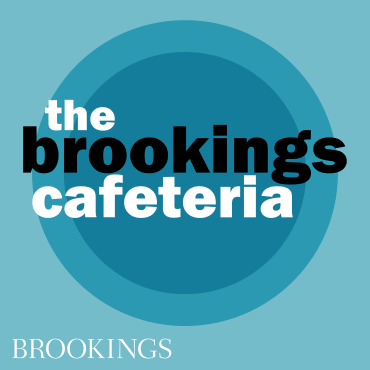
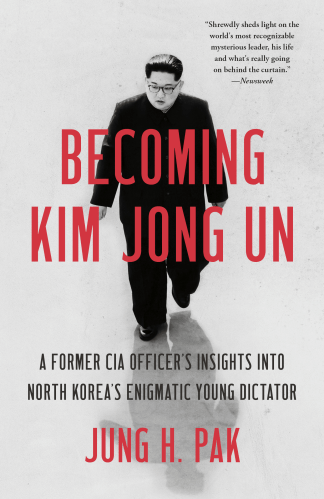
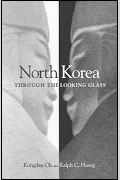
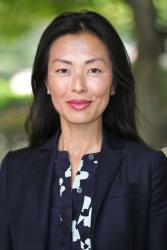


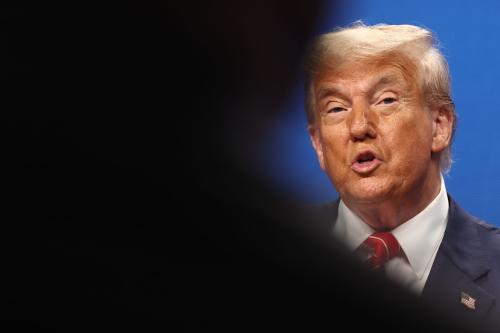
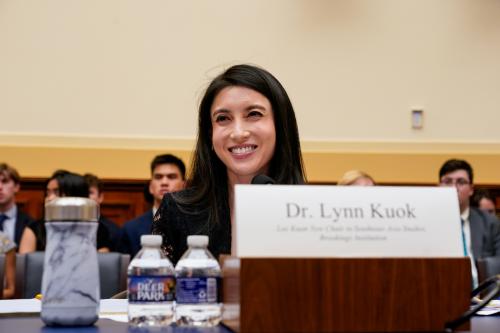
Commentary
PodcastKim Jong Un’s ascent to power in North Korea
May 1, 2020
Listen on
Brookings Cafeteria Podcast